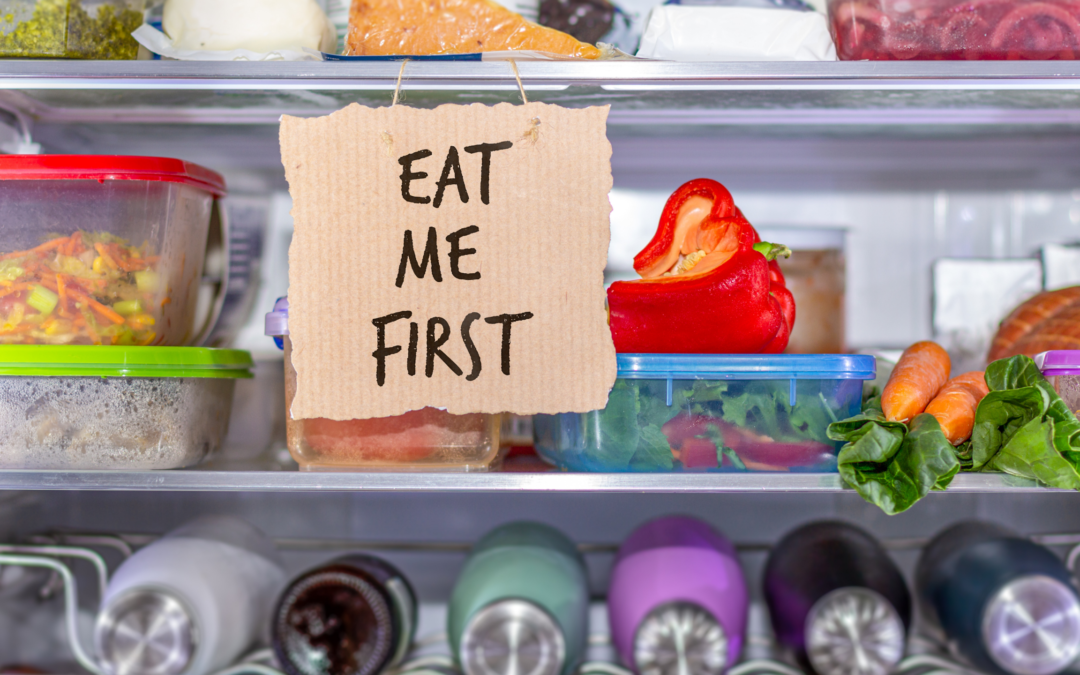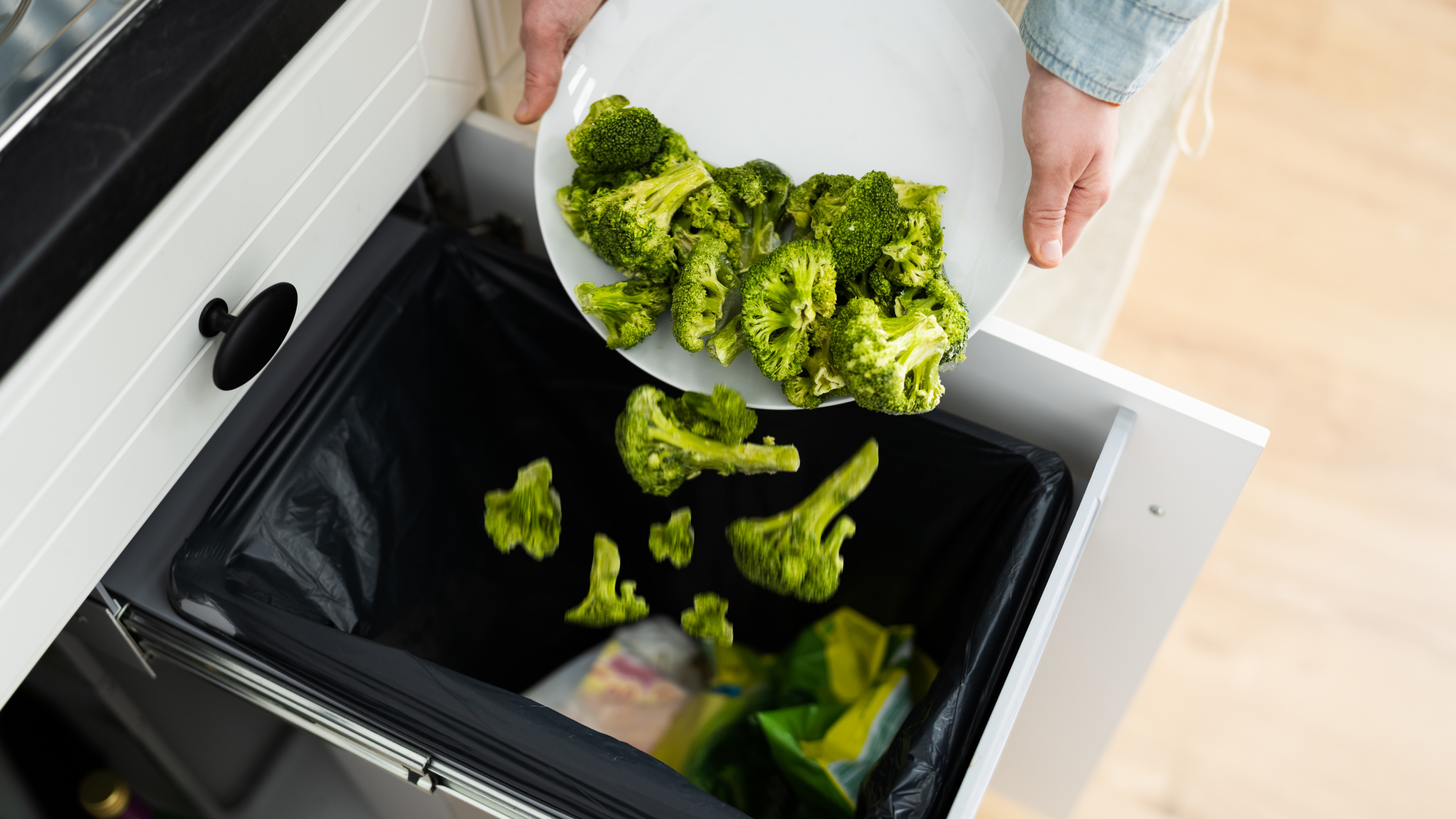April is not only a beautiful month dedicated to spring, but it’s also a great time to center your efforts around planetary health. Since it’s Earth month, you can double down on your efforts to improve the health of our planet by making small adjustments in your life. Whether it’s composting, eating leftovers, or freezing foods, you can make changes by what you put on your fork. Learn how you can help the world around you with these tips on how to reduce food waste in the kitchen!
The Earth has granted us with so many beautiful sights to see and air to breathe! However, it’s easy to take it all for granted. Since it’s Earth month, this is the perfect time to reflect on ways that you can give back to the world that has provided everything you need to survive. This time of reflection may lead to thoughts of how to focus on reducing your carbon footprint, eating less animal-based products, recycling canned items, or engaging in sustainable practices. There are countless ways that you can contribute to creating a healthy, sustainable planet. Although the world is a HUGE place, the small changes that you can make in your daily life to improve our planet’s health can truly go a long way, especially if we all work together to achieve the same goal—protect our Earth. You might be thinking “How can I (one person) make a difference in something so surmountable?” Well, it’s a lot simpler than you think, and you can start with what you put on your fork.
Whether you’re interested in meal prepping or reducing kitchen time, there are numerous recipes that are both nutritious and environmentally friendly. Canned tomatoes are one of the most versatile canned products that should be a staple in your pantry. The long-shelf life of canned tomatoes helps to reduce food waste and improve the health of our earth. The accessibility and affordability of canned tomatoes make them a hot commodity, especially if you’re looking for ways to improve the quality of your meals. Canned tomatoes can be used in recipes that require little to no prep and cook time, which makes it quick and easy to whip up a delicious, nutrient-rich meal that everyone will enjoy. Check out these tomato-based recipes for some inspiration on how to start incorporating canned tomatoes into your dishes.
In addition to choosing sustainable foods (such as canned tomatoes), you can also do your part by reducing food waste. Wondering how you can achieve this? Check out these 6 tips on how to reduce food waste in your kitchen:
- Make a Grocery List. Keep a sticky note or white board in your kitchen so you can easily jot down foods you need for your next grocery run. This allows you to avoid buying unnecessary items that are already in your kitchen and purchase items that you need for the week.
- Freeze Foods. You should freeze your groceries 2-3 days before you know they will go bad to ensure maximum freshness. For instance, if you have kale in your refrigerator and know that you might not eat it over the next week, don’t be afraid to freeze it! Frozen kale can be used in a ton of recipes, such as smoothies, soups, and pastas, and it tastes delicious.
- Save Leftovers. If you cook at-home meals that you don’t finish, you can always save it for leftovers the next day! This will save you time and money since you will already have food readily available for your upcoming meal. If you’re going out to a restaurant with friends or family and don’t eat all the food on your plate, you can ask for a to-go box and take it home with you.
- Prepare Your Meals. When you have meals already prepared, you tend to limit grocery shopping, eating fast food, and wasting food. Preparing meals ahead of time allows you to choose exactly what you want to eat for the week, which also means you can eat more plant-based foods (which is great for the environment). Plus, you save time AND money!
- Purchase Canned Products. Purchasing canned, nonperishable items (like beans, fruits, vegetables, and tomato products) is one of the best ways to engage in practices of sustainable eating. Using canned foods reduces greenhouse gas emissions, requires less resources to produce, decreases food waste, and is 100% recyclable.
- Create Compost. When preparing meals, you probably throw away strawberry leaves or broccoli stems in the trash. But did you know that scraps of fresh produce (that are generally thrown in the trash) can be used for composting instead? This compost is a natural, authentic way to fertilize plants and is packed with more nutrients than synthetic fertilizers. The organic elements in compost are providing the soil with the most nutrient-rich foods, all while utilizing the scraps of other foods.
To discover additional recipes and articles discussing the benefits of canned tomatoes, be sure to check out some of our favorite Registered Dietitians Sharon Palmer, Liz Weiss, and Toby Amidor. Not only do they all discuss how canned tomatoes can reduce food waste and improve the health of our environment, but they also share their favorite tomato-based recipes. In addition to these amazing resources, you can also get more information from Today’s Dietitian, RD Lounge, and the Vegetarian Resource Group regarding health benefits of canned tomatoes.
By practicing sustainable methods in your home this month (and throughout the year), you have the power to impact your community and help restore our planet’s health. So, what are you waiting for? Encourage your friends and family to take part of Earth Day with some actionable methods! Learn more about how you can help here.



Recent Comments